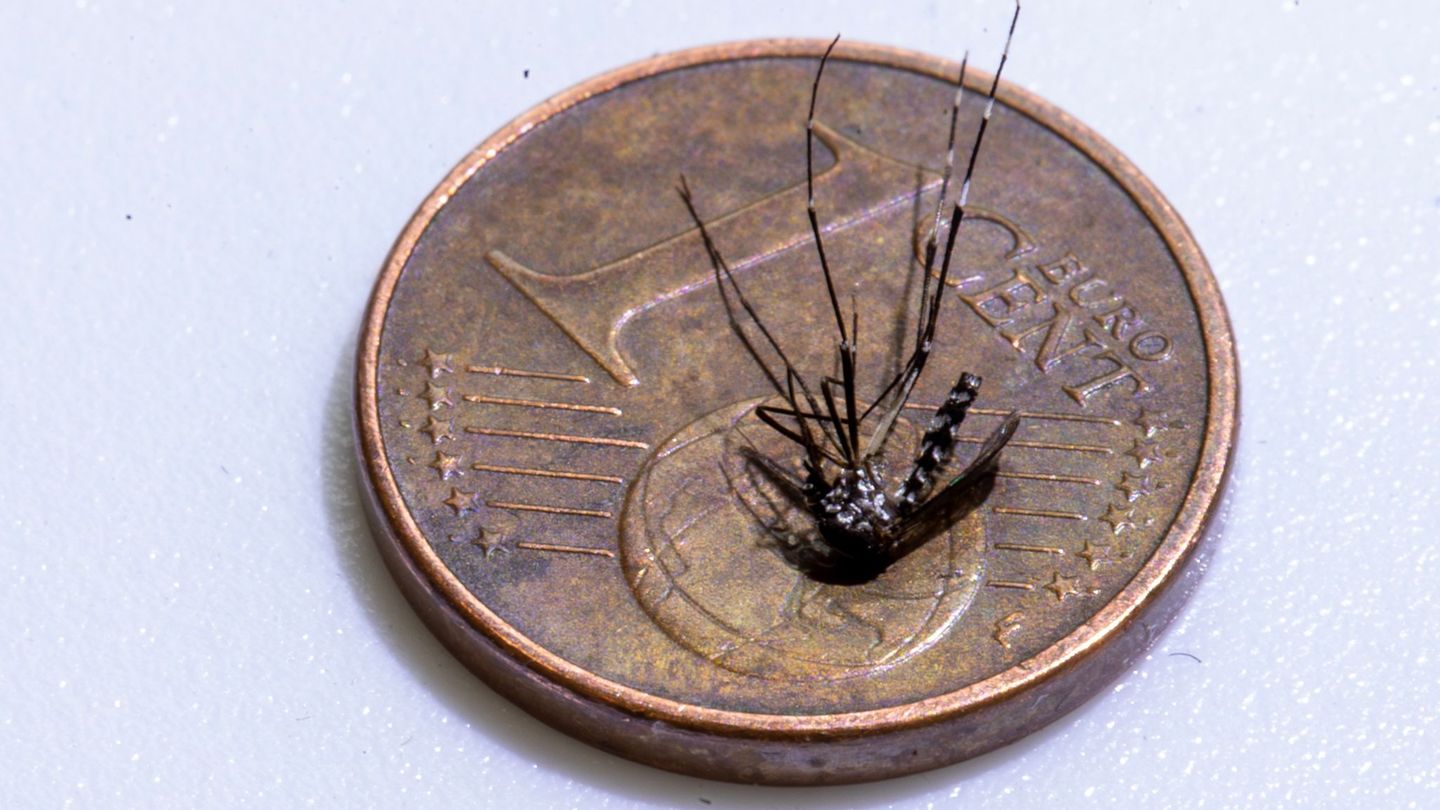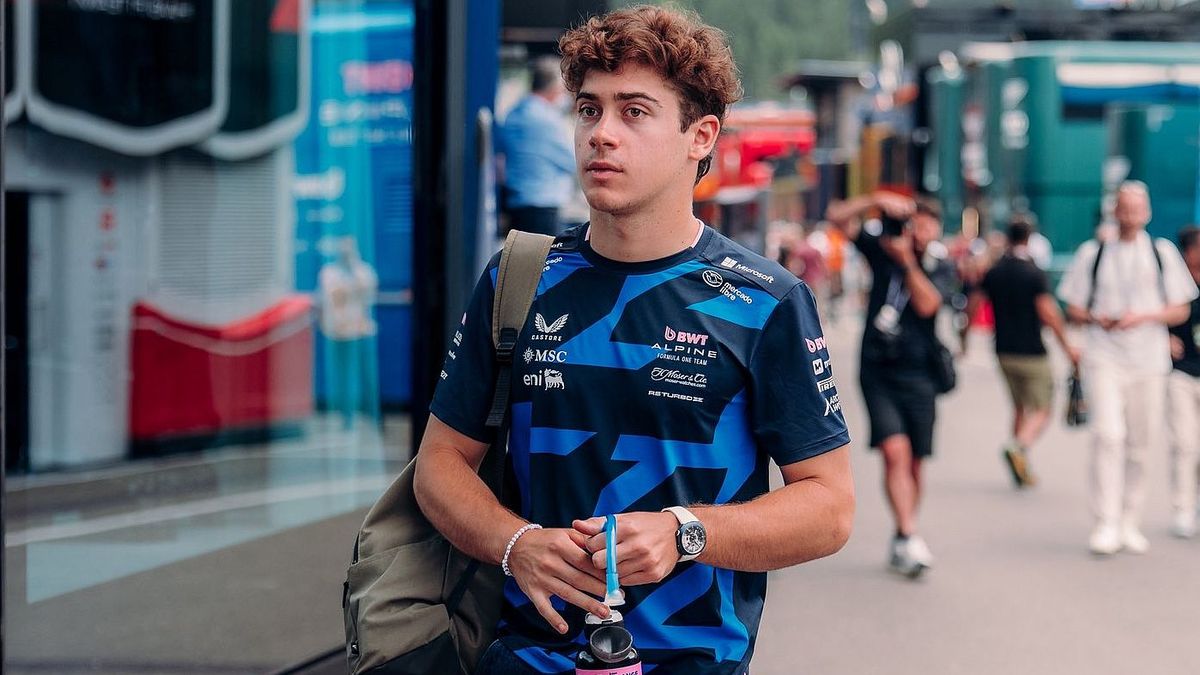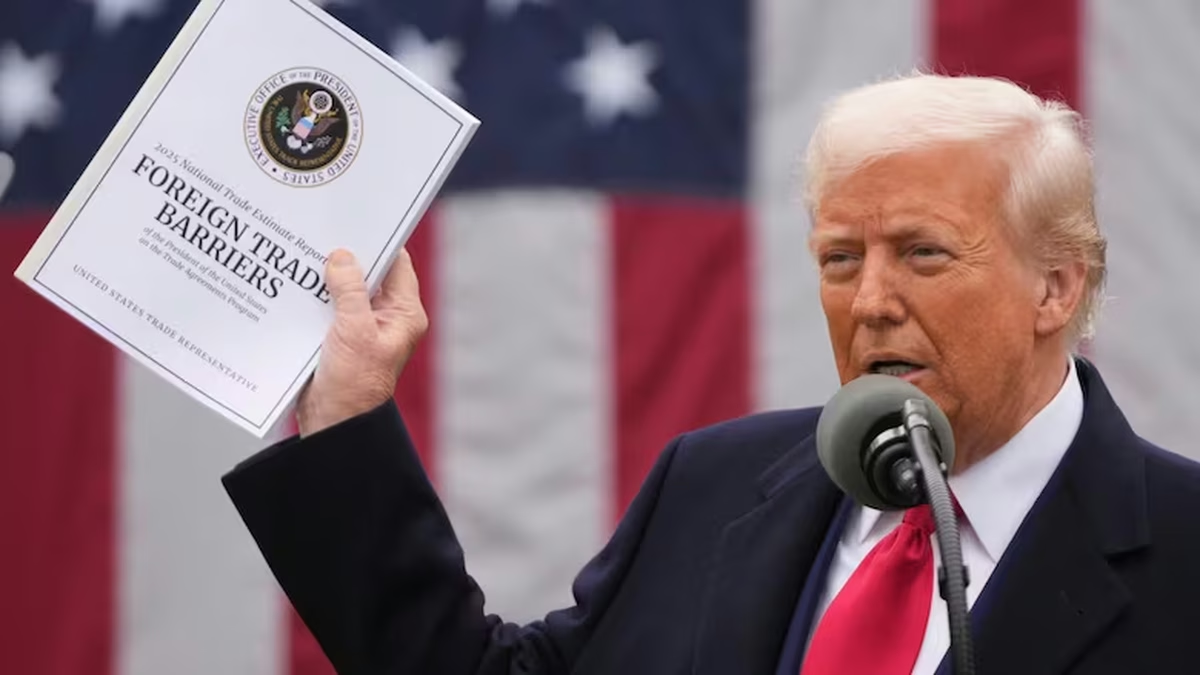Scaremongering or acute danger of war? Perhaps only Putin himself knows how likely a Russian attack on Ukraine really is. Chancellor Scholz is meeting with him on Tuesday. Before that, he pays a solidarity visit to Ukraine.
Following a dramatic escalation of the Ukraine crisis in recent days, Chancellor Olaf Scholz is traveling to Kiev today to meet Ukrainian President Volodymyr Zelensky.
In purely formal terms, it is his inaugural visit as chancellor a good two months after he was sworn in. However, the four hours in the Ukrainian capital will be dominated by the increasing tensions with Russia and the latest war warnings from the USA. Scholz will meet Russian President Vladimir Putin in Moscow on Tuesday.
“Ukraine can be sure that we will show the necessary solidarity, as in the past,” said Scholz (SPD) before leaving. Before his meeting with Zelenskyy, he will lay a wreath at the Tomb of the Unknown Soldier and commemorate the victims of the 2014 revolution at the monument to the “Heavenly Hundreds”.
Baerbock: “Absolutely precarious situation”
In the past few days, the crisis surrounding the Russian troop deployment on the border with Ukraine has drastically worsened. On Friday, US President Joe Biden’s national security adviser, Jake Sullivan, openly warned of a Russian invasion of Ukraine before the end of this week. Russia, on the other hand, speaks of “provoactive speculation” and “hysteria”.
Nevertheless, numerous Western countries are asking their citizens to leave Ukraine – including Germany. At the same time, intensive diplomatic efforts to de-escalate the situation are not progressing.
In Scholz’s environment, the situation is rated as “extremely dangerous”. The “very worrying overall picture” will shape the talks with Zelenskyj and Putin, it is said. Foreign Minister Annalena Baerbock (Greens) spoke on ARD of an “absolutely precarious situation”. But there are no signs “that a military conflict has already been decided”.
Armament aid possible – but no deadly weapons
The Chancellor is expected to pledge further economic support to Ukraine during his visit to Kiev. Since the start of the Ukraine conflict in 2014, almost two billion euros have already flowed into the country from Germany.
Ukraine also wants weapons from Germany so that it can defend itself against Russia in an emergency. The ambassador in Berlin, Andrij Melnyk, demanded 12,000 German anti-tank missiles on Sunday to ward off a possible Russian ground offensive against Ukraine. “The situation is dramatic,” he said on “Bild” TV. “What we have to be prepared for today is the worst possible scenario.”
The federal government refuses to supply deadly weapons to Ukraine. However, it is considering making armaments below this threshold available. A February 3 wish list from the Ukrainian embassy includes a number of armaments that are clearly not lethal weapons. These include electronic tracking systems, mine clearance equipment, protective suits, digital radios, radar stations and night vision devices. Anti-tank missiles are not on this wish list.
Nord Stream 2 also accompanies Scholz to Kiev
Another difficult topic will accompany Scholz to Kiev and Moscow – the pipeline between Russia and Germany, the name of which the chancellor no longer wants to pronounce: Nord Stream 2. The government in Kiev has been strictly against the project for years because it is asking for billions in revenue from the Russian gas transfer through Ukraine. Scholz only covertly put the pipeline on the table as a possible sanction in the event of a Russian invasion of Ukraine. He hasn’t spoken his name publicly since mid-December.
Even on his inaugural visit to the USA, he stayed with him, although US President Joe Biden made it very clear in his presence at a joint press conference: In the event of a Russian invasion of Ukraine, there would be “no more Nord Stream 2. We’re going to put an end to this,” Biden said.
Role reversal between Steinmeier and Scholz
After his visit to Kiev, Scholz will return to Berlin for a few hours on Monday evening. Early on Tuesday morning he then goes to Moscow, where Putin receives him in the Kremlin. Scholz wants to stick to his dual strategy there: on the one hand, the threat of severe consequences in the event of a Russian invasion of Ukraine. On the other hand, willingness to talk in order to de-escalate.
Together with France, Germany has been mediating between Kiev and Moscow since the start of the Ukraine conflict in 2014. Scholz may also be reluctant to make tough announcements to Moscow for this reason. Unusually, Federal President Frank-Walter Steinmeier took over on Sunday. “Untie the noose around Ukraine’s neck,” he called out to Putin after his re-election. Normally, the distribution of roles between the Federal President and the Federal Chancellor is reversed. The head of state is holding back, and the chancellor speaks plain language on current issues.
Source: Stern
David William is a talented author who has made a name for himself in the world of writing. He is a professional author who writes on a wide range of topics, from general interest to opinion news. David is currently working as a writer at 24 hours worlds where he brings his unique perspective and in-depth research to his articles, making them both informative and engaging.




